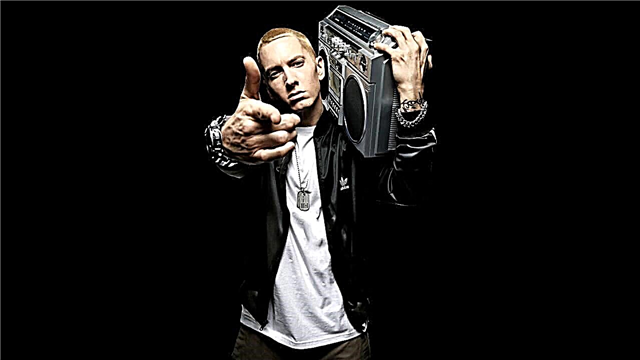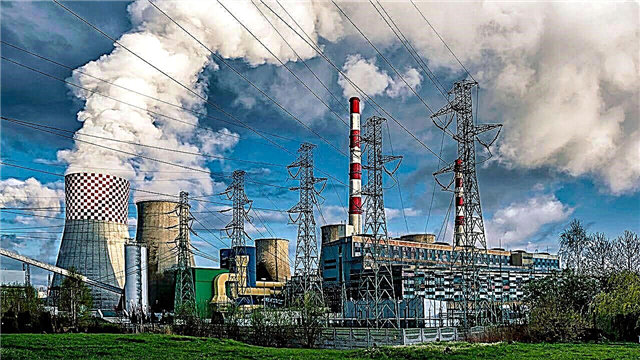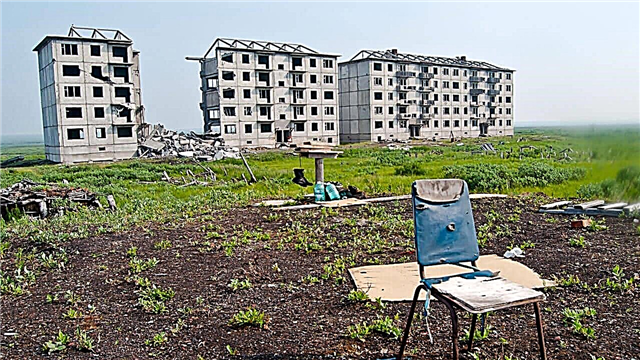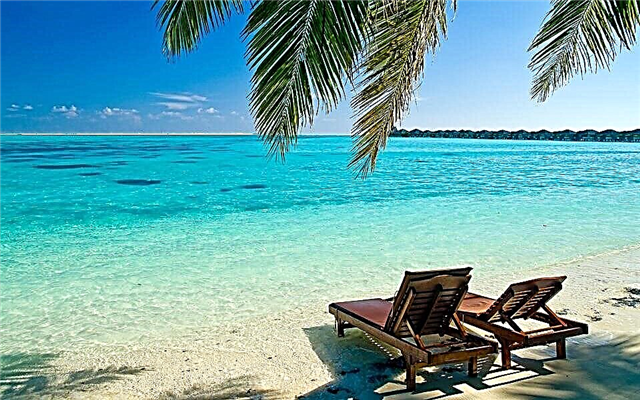In November, Forbes published an annual list of 72 people, which included the most influential people in the world in 2014. The second time the list was headed by the Russian president.
Among the factors by which the rating participants are selected are financial flows controlled by the leader, the number of people who can be affected by his decisions, as well as the area of the Earth’s territory that affects him.
10. Larry Page
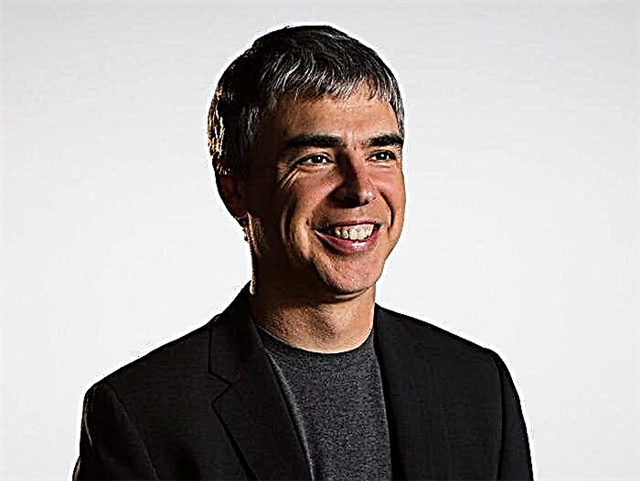 Google’s CEO and co-founder is responsible for the largest deals at the company. It is unlikely that at least someone will challenge the influence of one of the two owners of the Internet giant. In the Internet search market, it is Google that holds 65%, while developing areas such as mobile electronics, innovative technologies and software.
Google’s CEO and co-founder is responsible for the largest deals at the company. It is unlikely that at least someone will challenge the influence of one of the two owners of the Internet giant. In the Internet search market, it is Google that holds 65%, while developing areas such as mobile electronics, innovative technologies and software.
9. Sergey Brin
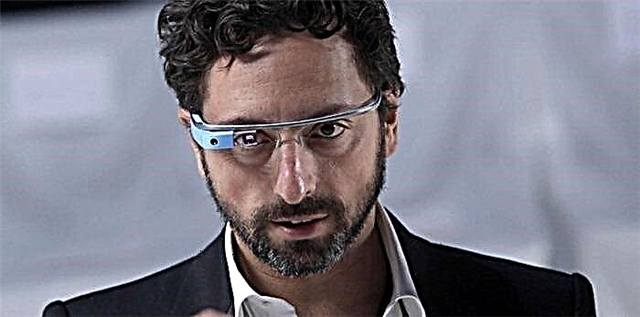 Google co-founder moved with his parents to the United States from Moscow at the age of six. It’s Bryn’s in the corporation who is responsible for technological innovations such as extra reality glasses or an unmanned “Google mobile”.
Google co-founder moved with his parents to the United States from Moscow at the age of six. It’s Bryn’s in the corporation who is responsible for technological innovations such as extra reality glasses or an unmanned “Google mobile”.
8. Mario Draghi
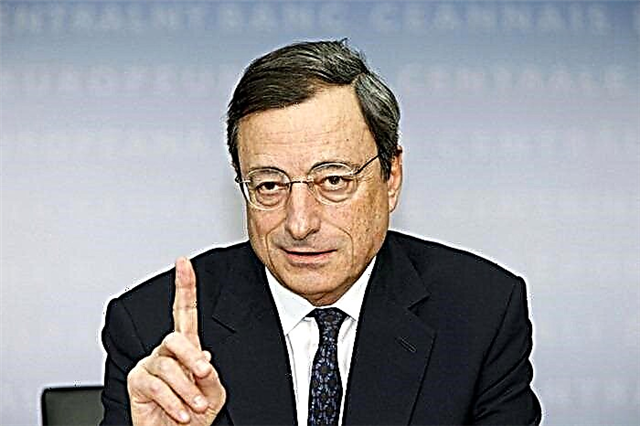 It is under pressure from the chairman of the European Central Bank that EU leaders are forced to carry out unpopular reforms aimed at cutting costs. Under the influence of Draghi there are 18 national economies, each of which is far from in its best condition.
It is under pressure from the chairman of the European Central Bank that EU leaders are forced to carry out unpopular reforms aimed at cutting costs. Under the influence of Draghi there are 18 national economies, each of which is far from in its best condition.
7. Bill Gates
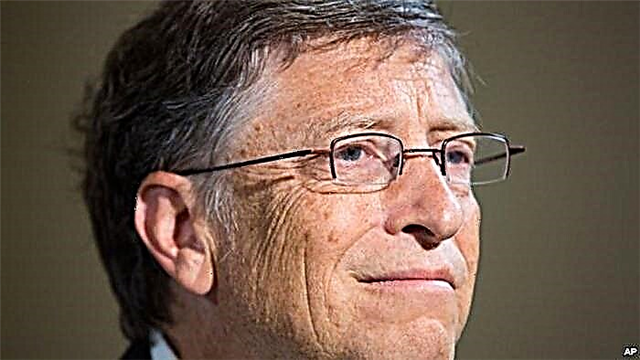 Gates is actively using his huge fortune of $ 81.5 billion to expand charitable programs. He helps a lot of health care and education, both in the USA and in third world countries.
Gates is actively using his huge fortune of $ 81.5 billion to expand charitable programs. He helps a lot of health care and education, both in the USA and in third world countries.
6. Janet Yellen
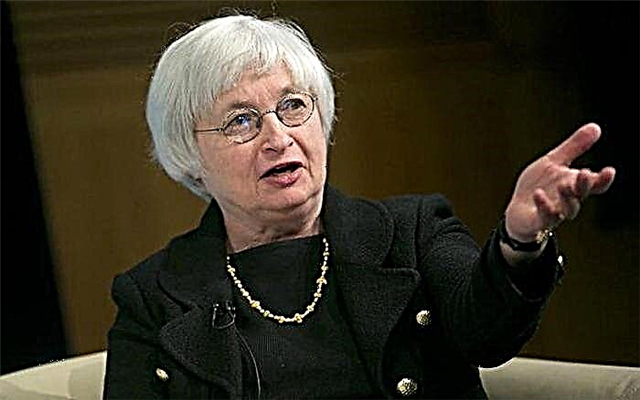 Under the direction of Yellen $ 4.5 trillion. US Federal Reserve. Janet’s arrival as chairman coincided with the US economy getting out of a protracted crisis, now Yellen’s task is to maintain his chosen course.
Under the direction of Yellen $ 4.5 trillion. US Federal Reserve. Janet’s arrival as chairman coincided with the US economy getting out of a protracted crisis, now Yellen’s task is to maintain his chosen course.
5. Angela Merkel
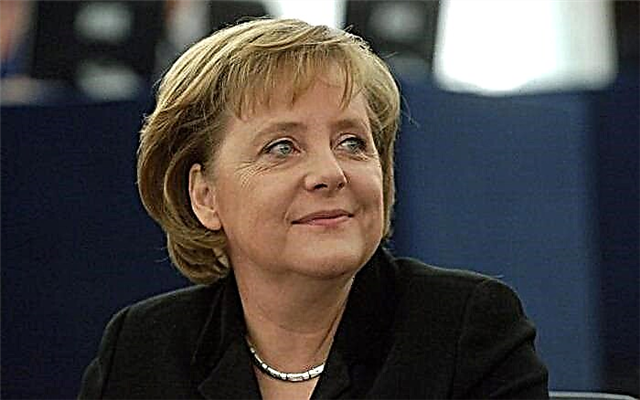 Under the influence of Merkel - the strongest among the economies of the EU. At the end of last year, voters voted for the Chancellor for the third time in a row - showing Merkel their confidence.
Under the influence of Merkel - the strongest among the economies of the EU. At the end of last year, voters voted for the Chancellor for the third time in a row - showing Merkel their confidence.
4. Pope Francis
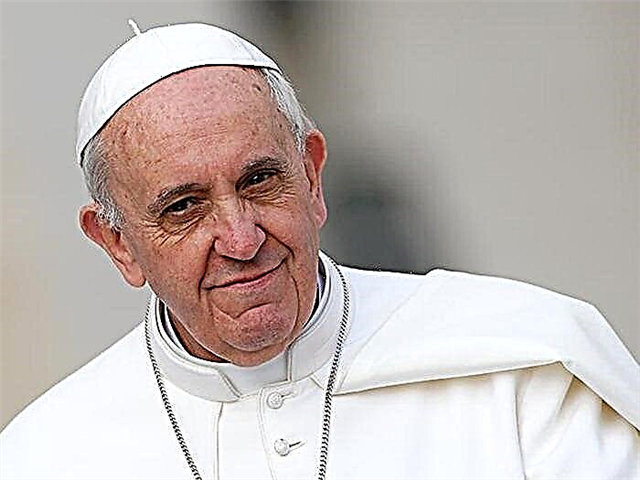 The flock of the Great Pontiff totals 1.2 billion people - this is 1/6 of the world's population. Francis gained wide popularity thanks to his liberal views - it is he who recognizes the theory of the big bang and evolution, and also pays active attention to the problems of gender equality and poverty.
The flock of the Great Pontiff totals 1.2 billion people - this is 1/6 of the world's population. Francis gained wide popularity thanks to his liberal views - it is he who recognizes the theory of the big bang and evolution, and also pays active attention to the problems of gender equality and poverty.
3. Xi Jinping
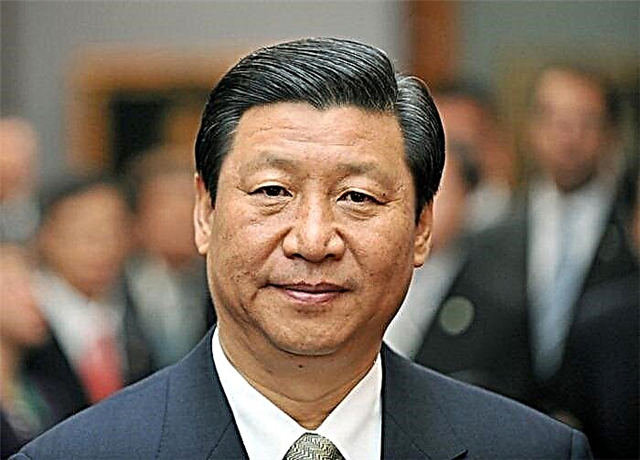 The popularity of the Chinese leader is so high that for two years in power, Xi was awarded a comparison with Mao Zedong. Conducting systematic reforms in the country, the PRC leader manages to masterly balance between pressure from the West and the desire to strengthen partnerships with both Asian countries and Russia.
The popularity of the Chinese leader is so high that for two years in power, Xi was awarded a comparison with Mao Zedong. Conducting systematic reforms in the country, the PRC leader manages to masterly balance between pressure from the West and the desire to strengthen partnerships with both Asian countries and Russia.
2. Barack Obama
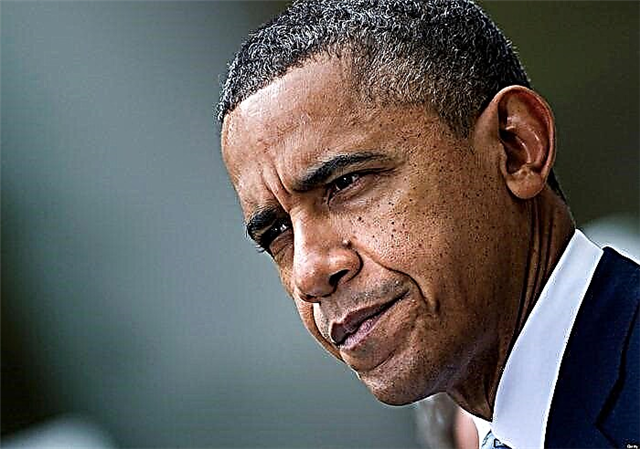 The American leader has been heavily criticized for being overly cautious. Although it was he who managed to reduce unemployment in the country to a record level and reverse the crisis in the American economy. However, the riots in Ferguson and the active threats from the Islamists are not left without public attention. Obama's rating today would definitely not allow him to take the presidency.
The American leader has been heavily criticized for being overly cautious. Although it was he who managed to reduce unemployment in the country to a record level and reverse the crisis in the American economy. However, the riots in Ferguson and the active threats from the Islamists are not left without public attention. Obama's rating today would definitely not allow him to take the presidency.
1. Vladimir Putin
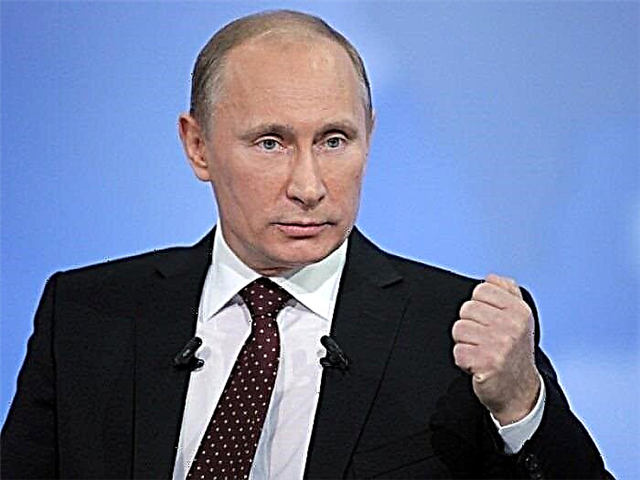 Despite the fact that the attitude to Putin in the West is hopelessly spoiled, not a single expert will deny the power of influence of the Russian leader. Forbes emphasizes that Putin can afford to pursue his own policy without regard to other people's opinions.
Despite the fact that the attitude to Putin in the West is hopelessly spoiled, not a single expert will deny the power of influence of the Russian leader. Forbes emphasizes that Putin can afford to pursue his own policy without regard to other people's opinions.

